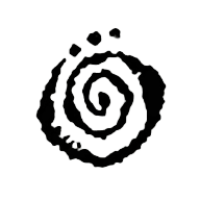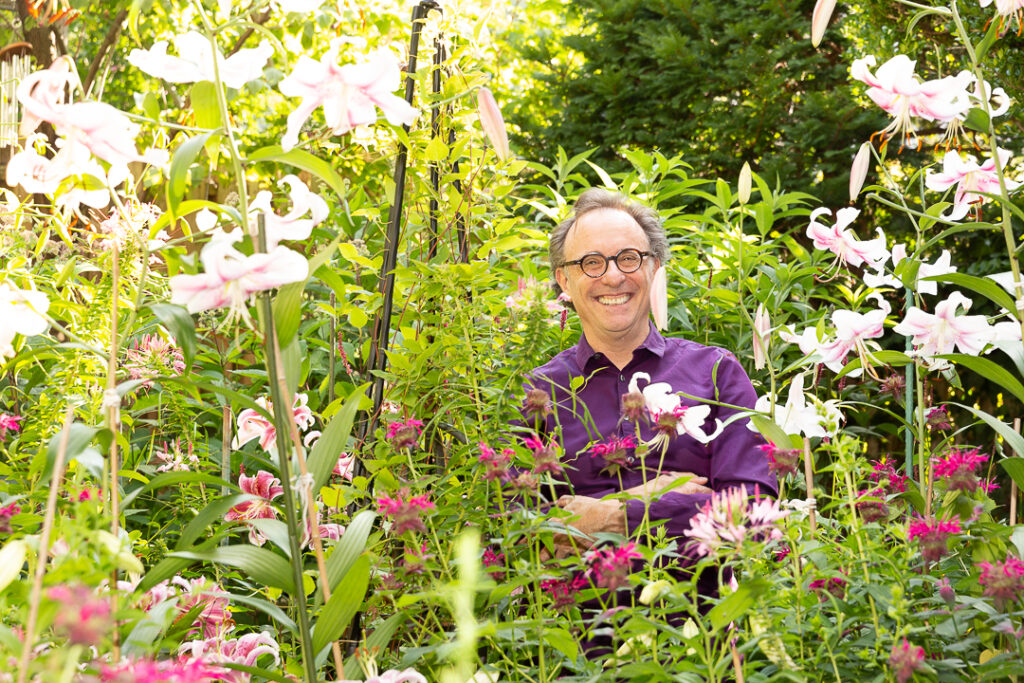
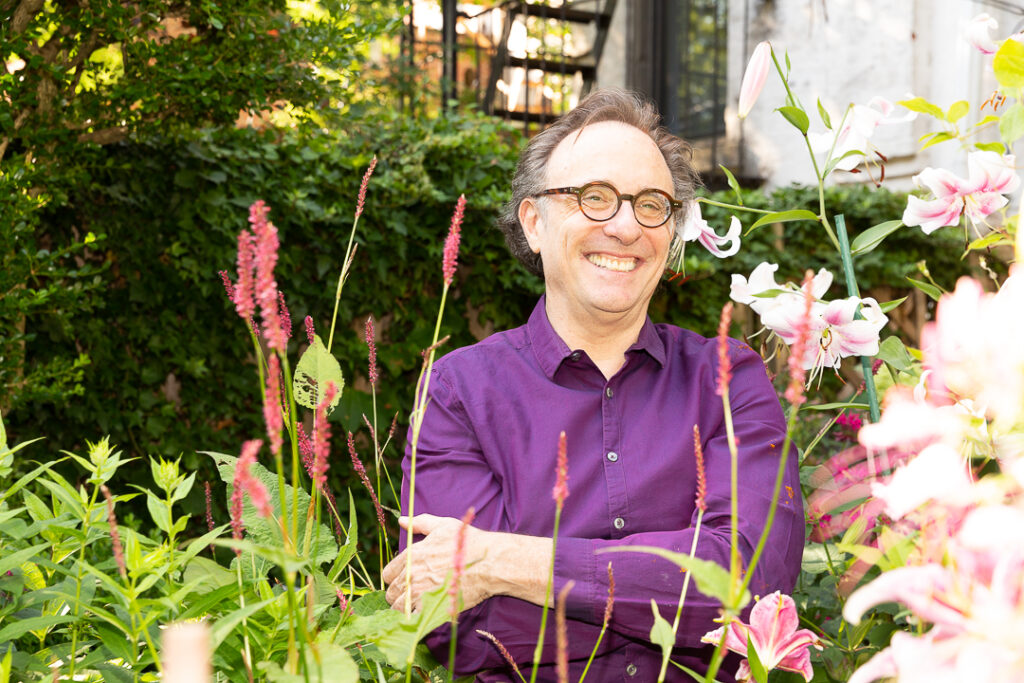
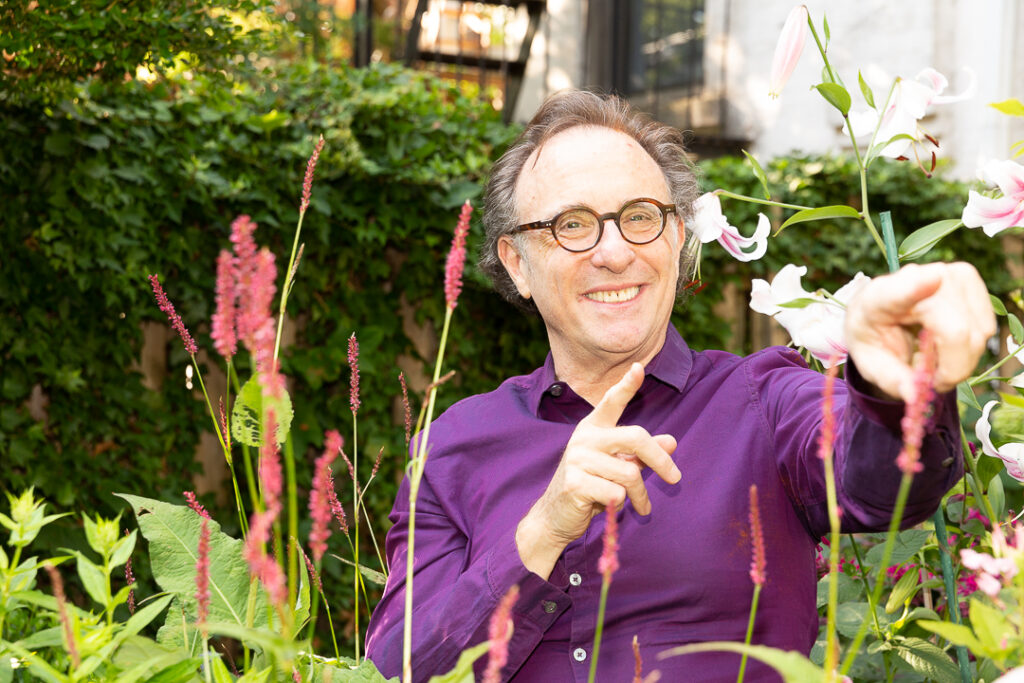
Ed Cohen, Ph.D.
My practice…
…emerges from my daily experience of living with Crohn’s Disease for over half a century. Living with this chronic, sometimes acute, and intermittently life-threatening illness has helped me develop strategies of self-reflection and self-care that have allowed me to flourish, not despite, but because of my illness.
It turns out that care of the self requires not just cultivating one’s own life, but also understanding that we always live with others on whose care we depend. Learning that self requires others–that in fact there is no “self” without “others”–and that as living being we only flourish when we grow with and towards one another, has taught me that healing, like all of our other vital tendencies, benefits from caring collaboration.
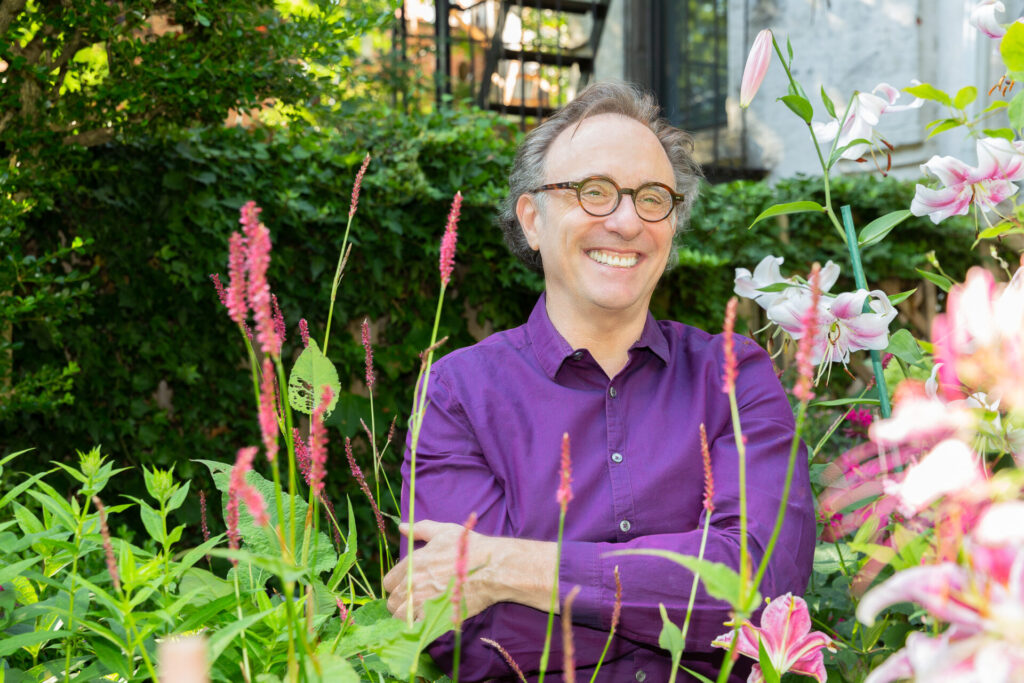
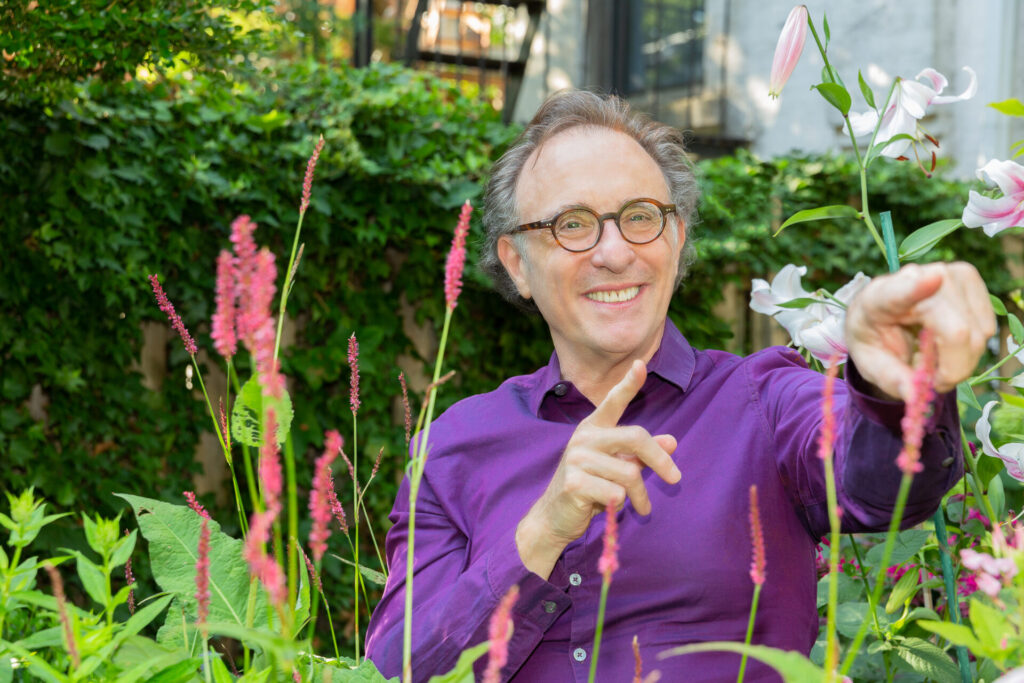
In addition to this very practical knowledge…
…I have a Ph.D. in Modern Thought from Stanford and for the last three decades I have been an award-winning professor of Women’s, Gender, and Sexuality at Rutgers University. As a professor, I encourage students to reflect critically on things they often assume to be self-evident about themselves (e.g., their sex, their sexuality, their gender) and ask them to consider whether there are more possibilities for who they can become than they currently imagine.
Too often we make assumptions about who we can be, which we take up from our families, our histories, and our cultures, that unnecessarily limit our abilities to live otherwise. My job as a teacher is to help my students learn to think beyond these limits in order to support them in creating better futures—both for themselves and for us all.
Drawing on these skill sets…
…I also counsel people interested in healing and offer them opportunities to think deeply about what their illnesses mean to them. My goal is to help other people with chronic and life-threatening illnesses ponder how medicine describes what’s happening to us and to explore possibilities for healing that, given its primary focus on diagnosis and treating, medicine often fails to entertain.
Healing is not only a biological capacity. Because we are living beings healing concerns all the aspects of who we are: physical, psychological, social, and spiritual.
In other words, learning to heal entails learning to realize ourselves in our fullest and most expansive capacities.


